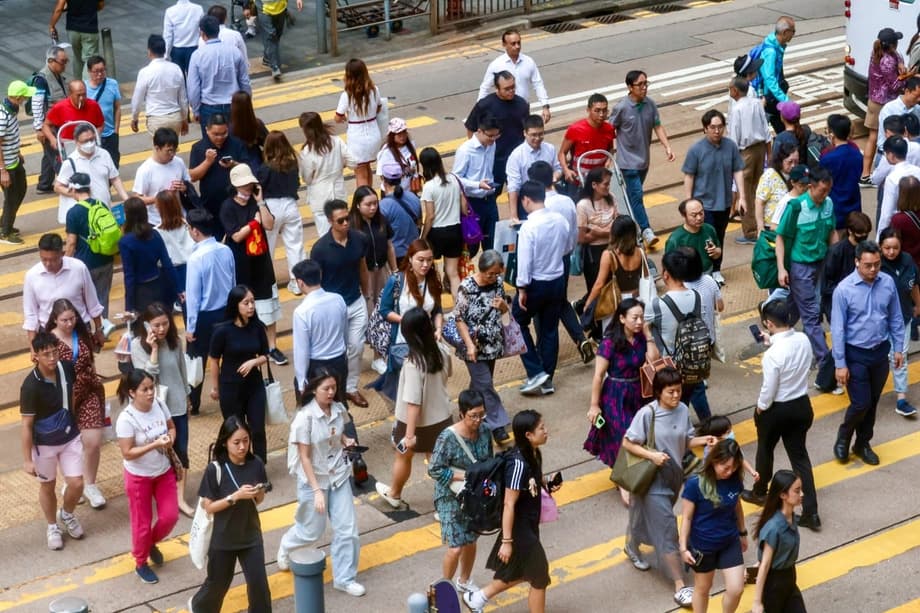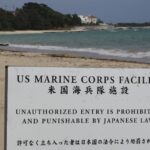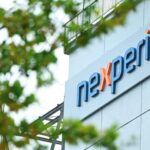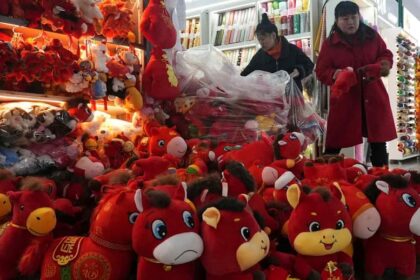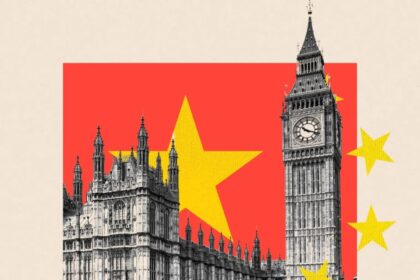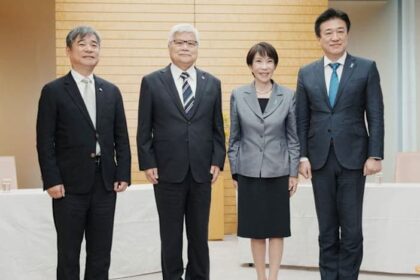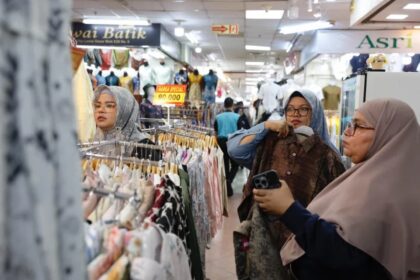Hong Kong widens short term entry for visiting professionals
Hong Kong will broaden its short term visa free entry arrangement for visiting professionals, adding five more fields effective from Saturday (Nov 1). The expansion, which now includes the environment, occupational safety and health, maritime, think tanks, and an others category, brings the total covered sectors to 17 since the scheme was launched in June 2022. Officials describe the initiative as a way to strengthen the citys role as a superconnector under the one country, two systems framework, making it easier for experts from overseas and the Mainland to attend time bound projects, exchanges, and major events.
- Hong Kong widens short term entry for visiting professionals
- What is the short term activities scheme
- Which sectors are now covered
- How entry works for invited professionals
- Why this matters for Hong Kong
- How it relates to other entry relaxations
- Sector spotlight
- Safeguards, limits, and how to check eligibility
- What to Know
Authorities say more than 38,000 non local professionals have used the arrangement to date. Visiting experts have taken part in high profile activities such as the International Lunar New Year Night Parade, the Asian Financial Forum, the Hong Kong Sevens rugby tournament, and the Hong Kong Performing Arts Expo. Expanding the scope is meant to reduce friction around travel, shorten lead times for organizers, and improve certainty for hosts that rely on specialist talent for conferences, performances, competitions, workshops, and policy dialogues.
The move adds to a pattern of targeted entry facilitation that includes a dedicated arrangement for arbitration participants and a recent easing of multiple entry travel for Shenzhen residents under the Individual Visit Scheme. These policies serve different objectives, yet they share a common goal of boosting people to people exchange and helping the city stage more cross border activity with fewer administrative hurdles.
What is the short term activities scheme
The immigration facilitation scheme allows eligible non local professionals to enter Hong Kong as visitors to perform designated short term activities in defined sectors without applying for an employment visa. It is not a replacement for a work visa. It is a narrowly scoped route for invited specialists to come for specific projects, events, or knowledge exchange.
Under the arrangement, invited participants may stay for up to 14 consecutive days per visit. They can receive remuneration for the activity, for example speaking fees, consultative payments, or performance fees. Officials say these short visits must support economic development or advance policy goals, and they should not displace the local workforce. The framework is designed to close gaps in event logistics and to bring niche expertise into Hong Kong for a limited time.
To understand why this is an exception, consider the general rule for work and study in the city. The Immigration Department describes the baseline as follows:
The Immigration Department explains its general policy in public guidance. It emphasizes the default requirement for visas or entry permits for work, study, or longer visits.
In general, unless a person has the right of abode or right to land in the Hong Kong Special Administrative Region, he or she requires a visa or entry permit to work, study, establish or join in any business, take up residence or to stay in the HKSAR as a visitor longer than the allowed visa free period.
Which sectors are now covered
The new additions are the environment, occupational safety and health, maritime, think tanks, and an others category. Collectively, these fields touch a wide span of activity, from sustainability conferences and green finance forums, to ship management and decarbonization projects, to policy roundtables led by research institutes. Occupational safety and health covers training and specialist exchanges that help improve site safety standards and professional practices across industries.
Before the change, the scheme already covered 12 sectors, including medical and healthcare, higher education, arts and culture, sports, heritage, creative industries, innovation and technology, aviation, finance, development and construction, and international mega events. With the latest expansion, officials say there are now 17 in all. The new others category gives government bureaux and departments flexibility to invite non local professionals for specific initiatives that align with policy objectives and cannot be neatly placed into a single sector.
How entry works for invited professionals
Eligible visitors must be invited by an organization that the government has authorized within a covered sector. The host issues an invitation letter that confirms the nature of the activity, the individual’s role, and the dates. At entry, the visitor travels on ordinary visitor status and presents the letter if requested by immigration officers. No separate employment visa is needed for the specific short term activity named in the invitation.
Stay duration and compensation
Each visit under this arrangement allows a stay of up to 14 consecutive days. During that stay, the person may receive pay connected to the invited activity. The arrangement does not allow unrelated work, long term employment, or freelance engagements outside the invited scope. Visitors must leave when the activity ends or when the permitted stay expires. If future engagements arise, a fresh invitation is normally required.
Who can issue invitation letters
Within each sector, government authorized bodies may invite and host. These can include public institutions, statutory bodies, industry associations, and recognized non profit organizations with a mandate in the relevant field. The new others category allows policy bureaux and departments to invite specialists for program based needs, for example a time limited public education campaign or a technical advisory panel. Hosts should confirm their authorization status before issuing letters and ensure the activity fits the scheme criteria.
Why this matters for Hong Kong
Hong Kong positions itself as a superconnector linking Mainland markets with global capital, ideas, and talent. The city’s calendar is packed with forums, fairs, festivals, and competitions that rely on people who can fly in on short notice. Cutting the lag between invitation and arrival can be the difference between landing a sought after keynote, assembling a complete judging panel, or securing a niche technical trainer. The more this process functions smoothly, the more attractive Hong Kong looks to organizers who choose between regional hubs.
Officials point to more than 38,000 non local professionals already served by the scheme, a sign that the model fits real demand. Policymakers also underline that these visits are meant to complement local expertise. The rules that bar displacement of local workers are there to keep the focus on exchanges and project based collaboration, not permanent roles.
How it relates to other entry relaxations
Hong Kong has been making parallel adjustments where targeted facilitation can have outsized benefits. One example is the dedicated arrangement for participants in arbitration proceedings. Arbitrators, legal representatives, witnesses, and parties can obtain a letter confirming their involvement in proceedings held in Hong Kong and enter without an employment visa. The arrangement now covers all arbitrations physically taking place in the city, even if the legal seat is elsewhere. Letters are issued by recognized arbitral institutions for administered cases, or by venue providers for ad hoc hearings. This aligns Hong Kong with other arbitration hubs such as Singapore, where participants can attend hearings on visitor status, and it reduces scheduling risks for complex disputes.
Another strand of change focuses on tourism and family travel rather than professional activities. Shenzhen residents holding the relevant permits can now make multiple trips to Hong Kong under the Individual Visit Scheme. A major labour group has urged the government to extend that convenience to more Mainland cities, citing a lift in footfall and spending after the Shenzhen update. These measures serve different audiences from the professional visits scheme, yet both aim to encourage frequent cross border exchange and economic vibrancy.
Sector spotlight
The five new sectors hint at the types of projects Hong Kong wants to attract and support. Each one aligns with strategic priorities and the evolving mix of events and industry activity in the city.
- Environment: Visiting experts can support climate and sustainability conferences, advise on green finance standards, collaborate on carbon market design, and share best practice on waste reduction, energy transition, and circular economy initiatives.
- Maritime: Hong Kong remains a major shipping services hub. Short visits by ship managers, classification society specialists, port technology experts, and marine insurers can accelerate work on safety, digitalization, and decarbonization.
- Occupational safety and health: International trainers and auditors can help raise safety performance, especially on construction sites. Exchanges on risk management, inspection methods, and new equipment can feed into practical improvements.
- Think tanks: Research institutes can bring in scholars and policy practitioners for briefings, workshops, and public forums on topics from trade and innovation to social policy and urban planning, helping ground debates in comparative evidence.
- Others category: This flexible channel lets government departments invite niche expertise for time bound goals, such as technical advisory work, public education campaigns, or pilot programs that require outside specialists.
Safeguards, limits, and how to check eligibility
The facilitation is narrow and time limited by design. It does not bypass the general requirement for a visa or entry permit to work or study in Hong Kong. It is not a path to residence. It is for invited activities that last up to 14 days per visit, and visitors must comply with the conditions of stay attached to visitor status. Those conditions include remaining within the scope of the invited activity and departing when the permitted stay ends.
Requirements for travel documents, any needed pre arrival registrations, and maximum visitor stay margins still apply to each individual. For official policy details and online services, consult the Immigration Department’s visa and entry permit pages at immd.gov.hk. Hosts should verify their authorization to issue invitation letters, and invitees should carry documentary proof of the activity, the host, and return arrangements.
What to Know
- Hong Kong is adding environment, occupational safety and health, maritime, think tanks, and an others category to its short term activities scheme for visiting professionals.
- The expansion takes effect Saturday (Nov 1) and lifts the number of covered sectors to 17 since the scheme launched in June 2022.
- More than 38,000 non local professionals have used the arrangement to attend events and short projects in the city.
- Invited visitors can stay up to 14 consecutive days per visit and may receive pay for the designated activity.
- Hosts must be authorized in a covered sector and issue invitation letters that confirm the purpose and timing of the visit.
- The scheme is limited to short term, invited activities and does not replace work visas or lead to residence.
- Separate entry facilitation exists for arbitration participants and for Mainland tourists under the Individual Visit Scheme, which target different needs.
- Officials say the expansion supports Hong Kong’s role as a superconnector and helps organizers stage conferences, performances, competitions, and policy forums with fewer delays.


